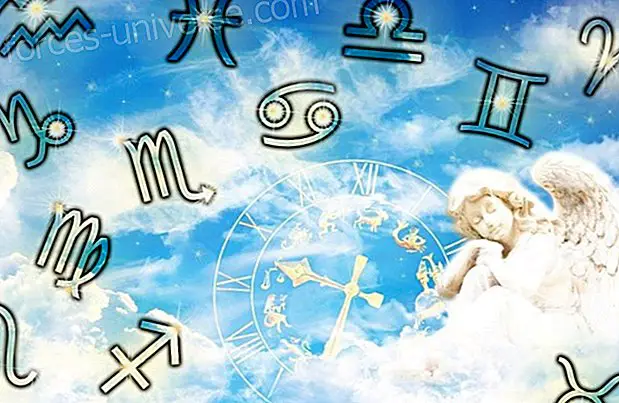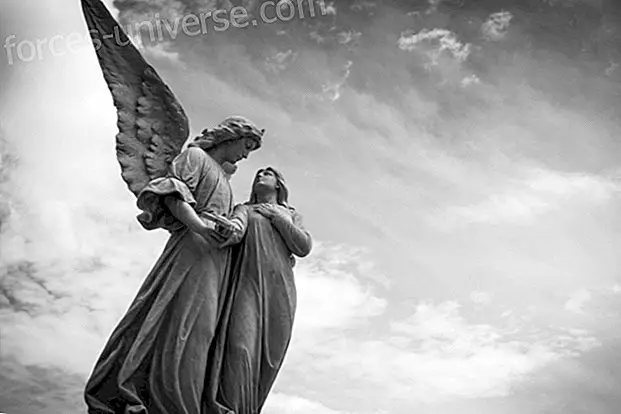Vedanta is a school of philosophy of India with very ancient origins. It has its roots in the teachings of very influential writings, particularly the Upanishads, which form the last part of the Vedic literature. An important aspect of this philosophy is to question the relationship between the self or real being (called Atman) and the Absolute Reality (called Brahman). Who are we really? What is the nature of this world? And what is our relationship with this mysterious existence? The Vedanta Advaita is a current within the Vedanta philosophy that interprets that relationship as non-dual (advaita). In other words, Vedanta Advaita proclaims that an in-depth investigation into our own nature, beyond the superficial identifications we normally make with our cultures, nations, races, etc., reveals that Atman and Brahman are one and the same .
There have been many renowned philosophers of Vedanta Advaita since the time of the Upanishads, the most famous being the Hindu sage of the VIII-IX century, Shankara. In the last century, several teachers promulgated non-dual teachings, which have sometimes been labeled as Neo-Advaita, because the philosophies are not derived from the interpretations of the Vedanta classical texts, and They do not insist on their methods. Instead, teachers point to a type of experiential realization of the truth of non-dualism. Among these teachers are Nisargadatta Maharaj and Ramana Maharshi.

Krishnamurti did not want his teachings to be compared with other teachers and his teachings. I think this is because he did not want his teachings to become the object of some kind of academic exam. I think K wanted his listeners to grasp the essence of what he was saying, when they listened to him or when they read his words, and at that moment to have a deep understanding of the truth to which he He pointed out. To think about their teachings, and compare them with other teachings, although it is of benefit to academics like me, and of interest to curious intellectuals from around the world, it is not necessarily beneficial to achieve the transformative psychological vision that Krishnamurti urges us to achieve.
However, one can certainly find patterns in Krishnamurti's teachings and demonstrate how they have their parallel in the teachings of liberation philosophies. Some have seen similarities between the teachings of Krishnamurti and those of Vedanta Advaita. It would take a volume to outline all the similarities. However, many traditional followers of Vedanta Advaita strive to point out the differences. I think that many groups are right, because there are many aspects where Krishnamurti's teachings converge with those of non-dual philosophies and many aspects in which they diverge from traditional Vedanta Advaita. A simple example is to look at Krishnamurti's statement: "You are the world, " which suggests that the seemingly separated and isolated person is actually one with the vast fullness of reality. But Krishnamurti also rejects the tradition, and the ways, and following the authorized teachers and scriptures, all of which are a very important part of the Vedanta Advaita teaching body.
A more interesting activity, in my opinion, is a rigorous self-examination of what motivates one to find similarities or to highlight the differences between these two teachings. That exam could lead to a deep understanding of the attraction one feels for one or both. A pen and a pen have similarities and differences. You could spend a lot of time and energy talking about these similarities and differences and why one is preferred instead of the other. But if you want to send an urgent letter, such deliberations will not be significant. One would take the first one at hand.
Krishnamurti seems to be telling us to take and use any pinch of reality that is available to us, right now, because transformative change is something urgent. The conflict is resolved through deep perception, now, not tomorrow, when we have verified that the teachers or teachings we follow are unique, adequately deep, historically venerable, in accordance with the principles of our religious heritage, and so on. Conflict can be fueled by the minds that apply thinking to meet the needs of the same thoughts that need to be “right” and be confident in their intellectual preferences.
“I maintain that the Truth is a land without roads, and it is not possible to approach it by any path, by any religion, by any sect. That is my point of view and I adhere to it absolutely and unconditionally. Truth, being unlimited, unconditioned, unapproachable by any means, cannot be organized; nor can any organization be formed to lead or force people along any particular path. ” - [J. Krishnamruti, August 3, 1929]
Krishnamurti and Advaita
By Professor Hillary Rodrigues
Source: http://www.advaitainfo.com/
Advaita Articles: Krishnamurti and Advaita, by Hillary Rodrigues






